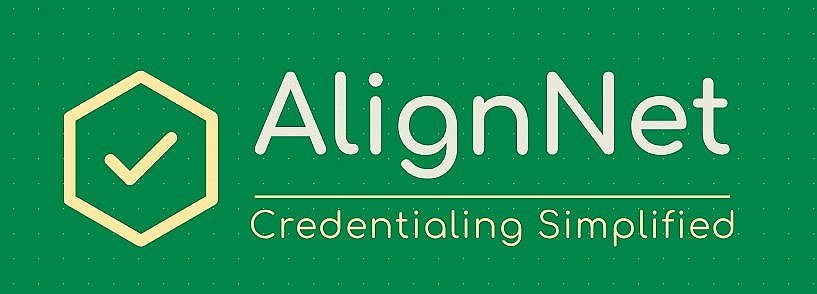Credentialing: What It Is, Why It Matters, and How to Get It Right
(A Deep Dive for New Grads, Solo Providers & DSOs)
🦷 Why Credentialing Matters
Credentialing is one of the most critical — and most overlooked — parts of launching or growing a healthcare career.
Whether you're a brand-new dental graduate or the manager of a multi-location group, credentialing is the process that makes you legally and financially recognized by insurance companies.
Without it:
You can’t bill insurance
You can’t get reimbursed
You may not even show up in provider directories
And for PPOs, Medicaid plans, and many private payers, being “in-network” is the only way patients will schedule with you.
Credentialing isn’t just about compliance — it’s the foundation of your revenue stream.
📋 What Credentialing Involves
Most people assume credentialing is just filling out a form. In reality, it’s a detailed verification process with multiple steps and moving parts.
1. Document Collection
Credentialing requires:
Dental license(s)
DEA registration (or waiver)
Malpractice insurance (COI)
NPI numbers (individual and group)
W-9
CV or work history (5 years minimum)
Practice ownership or employment info
Hours of operation, ADA accessibility
CAQH or ADA profile
Every field must match across documents — even a typo can delay approvals for months.
2. Application Completion
Each payer (e.g. Aetna, Humana, BlueCross) has their own form. These are:
Long
Specific
Often redundant
They must be completed accurately, signed, and submitted with supporting documents.
3. Primary Source Verification
Once submitted, the insurer verifies:
Your licenses with state boards
Malpractice coverage directly with your insurer
Education and training via diploma or NPDB
This is known as primary source verification and it can take weeks — or months — if anything is missing.
4. Follow-Up & Revisions
Payers frequently request:
Additional documentation
Clarifications or re-submissions
Multiple rounds of follow-up
And they don’t typically notify you — you have to chase them.
5. Approval & Recredentialing
Once approved, you’re considered "in-network" — but it doesn’t stop there.
Every few years, you must be recredentialed.
If you miss that window, you’re removed from the panel and must start over.
✅ Why Use a Credentialing Service?
Credentialing is time-sensitive, technical, and full of small details that can derail your approval if handled incorrectly.
At AlignNet, we make sure:
Your documents are complete and consistent
Your applications are filled, tracked, and submitted correctly
You don’t miss follow-up calls, deadlines, or recredentialing dates
Your CAQH or ADA profile stays current and attested
You have real-time updates on where each provider stands with each payer
Whether you’re a solo provider, part of a DSO, or hiring someone new — we give you peace of mind that everything is handled.
🎓 Special Help for New Grads
New grads face a unique set of challenges:
Navigating state licensure and NPI setup
Understanding what PPO plans even are
Being expected to start work before credentialing is complete
At AlignNet, we help you:
Create your CAQH or ADA profile from scratch
Guide you on state-specific steps (like Florida Medicaid enrollment or DEA waivers)
Work with your future employer to streamline onboarding
Prepare your paperwork while you’re still in school — so you're ready to bill from day one
Starting your first job shouldn’t mean figuring out insurance on your own. We’ve got your back.
This entire process may seem complicated — because it is. But you don’t have to do it alone.
That’s where AlignNet comes in.

